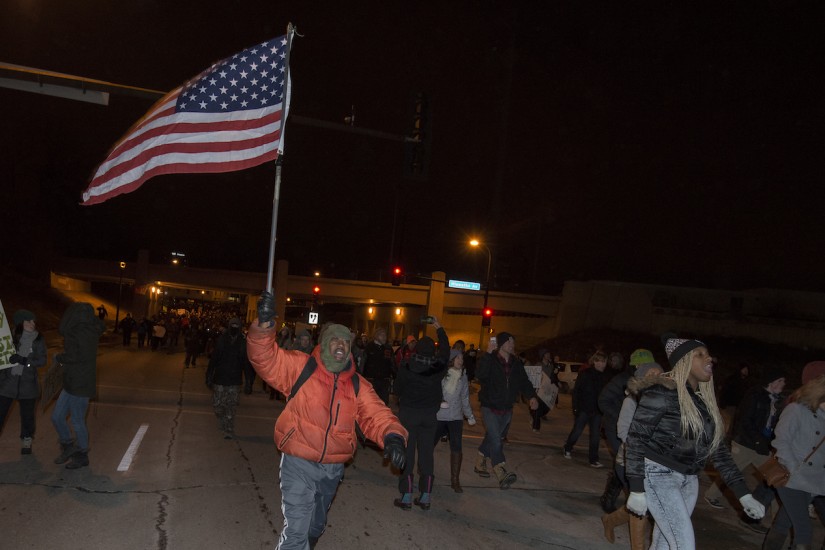A Pageant for Citizenship
In 1917, living in New York as editor of the NAACP’s The Crisis magazine, W. E. B. Du Bois wrote letters to Charles S. Whitman, governor of New York, and E. A. Johnson, the recently elected first African American member of the state legislature, to propose a statewide celebration of the 14th Amendment on its 50th anniversary (in the year that also marked the 50th anniversary of his own birth).3 Du Bois recognized that a federal celebration was “unthinkable” under the current administration, but he saw the governor as sympathetic to African Americans. He hoped, therefore, that New York State might dedicate its name and some funding to the cause. The idea, Du Bois pointed out, was particularly timely in light of the recent contributions of black soldiers as the United States entered World War I, and the need to recognize their full citizenship as a result.
Du Bois had produced a similar pageant in honor of the anniversary of the 13th Amendment (granting emancipation). The Star of Ethiopia staged black history in epic proportions for black and white audiences, using black music, dance, and costumes to inspire a movement for freedom and uplift; the pageant was performed (and received with great acclaim) in New York, Philadelphia, and Washington, DC, from 1913 to 1916.
Unfortunately, the citizenship pageant that Du Bois proposed to Johnson and Whitman a few years later as a celebration of the 14th Amendment never saw the light. While Johnson expressed general support for the idea of a “holiday” in honor of black citizenship, Whitman replied to Du Bois through an emissary, who explained that the governor could not support a pageant on behalf of negro citizenship, that the uses of budget appropriations were limited, and that Du Bois would need to appeal to the legislature to approve such a commitment.
More broadly, it would seem that the time was not yet right for celebrating the birthright amendment that 50 years earlier had granted black Americans citizenship on the basis of jus soli, the law of the very soil that Du Bois had described in Souls of Black Folk as at once saturated with the country’s violent history and fertile with its promise. Du Bois’s writings and correspondence during this period and for decades to follow indicate that the promise of citizenship guaranteed by the 14th Amendment was unstable from the start, poorly enforced at best and deliberately undermined at worst, and might be insufficient for the population of the United States.
